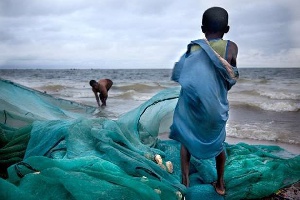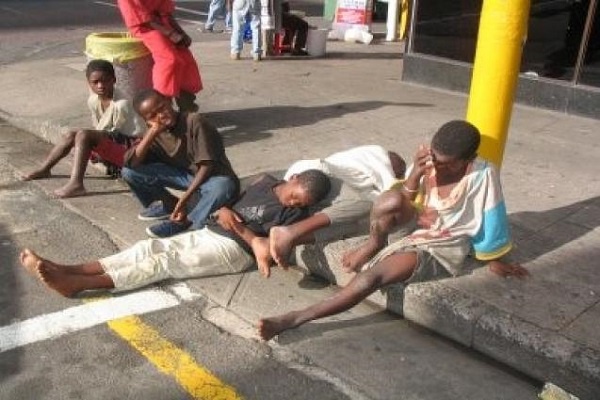 There is worldwide concerns about the use of adoption to aid child trafficking
There is worldwide concerns about the use of adoption to aid child trafficking
Article 28 of the 1992 Constitution of Ghana upholds the right of the child and indicates that;
(a) Every child has the right to the same measure of special care, assistance and maintenance as is necessary for its development from its natural parents, except where those parents have effectively surrendered their rights and responsibilities in respect of the child in accordance with the law
(e) The protection and advancement of the family as the unit of society are safeguarded in promotion of the interest of children.
This mandate of Parliament is expressed in the Children’s Act, 1998 (Act 560) and as amended in the Children’s (Amendment) Act, 2016 (Act 937).
Provision is made for observing the rights of the child, the need to keep the family together and guard against unnecessary family separation.
Indeed adoption is a child protection measure aimed at finding a substitute loving and caring family for a child who has lost his/her parental care.
It is not meant to promote the desire of persons who want to adopt a child and violate his/her rights. Disruption of a natural vulnerable family, to take away a child, hand over the child to the pleasure of another person is a violation of the child’s right which must be protected.
According to the UN Convention on Alternative Child care, to which Ghana is a signatory, poverty alone is not grounds for sending off a child into alternative care particularly, adoption which is a permanent separation of the child from his family.
The Children’s Act is a legal document with six parts which must be read along with other laws, statutes and conventions that Ghana is signatory to.
Part 1 of the Children’s Act is about the rights of the child including the right to be cared for by the natural parents of that child. It provides for placement of the child in alternative child care only when the natural parent has surrendered this right in accordance with law.
It offers lawful procedures and processes that need to be followed in such situations. When adoption is done without following due process, it is referred to as adoption fraud or illegal adoption.

Section 2 of the Human Trafficking Prohibition Regulations, 2015, (LI 2219) observes that a person or organized groups shall not recruit, transport, transfer, harbor or receive a person for the purpose of exploitation by means including coercion, fraud, deception, taking advantage of the vulnerability of the person to further an act of trafficking.
There is worldwide concern about the use of adoption for child trafficking.
Ghana is not immune from the menace. Indeed a study undertaken by the International Social Service, commissioned by the Ministry of Gender, Children and Social Protection with the support of UNICEF, in 2013, found that Ghanaian children, were being channeled into residential facilities and offered for adoption without cause and that intercountry adoption from Ghana was on the rise.
The official figures the consultants could lay their hands on were far below those documented in the receiving countries, an indication that these nations could not account for our children, taken out through adoption.
Most often, the process was done and the children were taken out of the country without the knowledge of the Director of Social Welfare and therefore their status and welfare could not be monitored.
In view of this, I believe the Ministry of Gender, Children and Social Protection, has the responsibility to protect the Ghanaian child. What do you think?